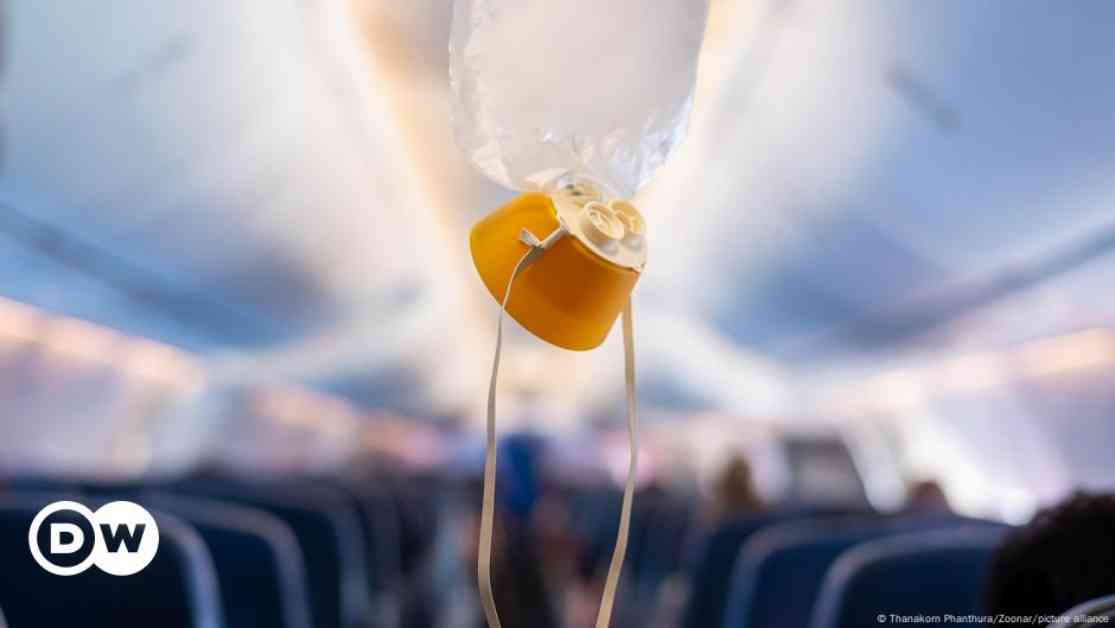November marks the beginning of the seventh week of the massive strike by 33,000 workers at all Boeing production sites outside of North Carolina. The unions have rejected offers multiple times, and even mediation efforts by the Biden administration have failed. They are demanding a 40 percent increase in pay after years of no raises.
The latest Boeing offer is a 38 percent increase in income over four years, a bonus payment of $12,000, and an annual bonus program to be reintroduced. The union will vote on the offer on Monday (4.11.2024).
According to analysts at Banc of America, the labor dispute is costing the world’s second-largest aircraft manufacturer about $50 million per day. To calm the nerves of the financial sector and avoid a downgrade by rating agencies, Boeing announced in late October that it would issue new shares. This could generate about $24 billion in fresh capital in the event of strong demand, helping to offset the money lost during the strikes.
Boeing is struggling with the issue of losses – once one of the proudest names in the aerospace industry. The company is suffering from a loss of prestige and the trust of its customers. Following a production error in January that caused a disabled door to fly off a MAX flight, no further lives were lost due to sheer luck. However, the two MAX crashes in 2018 and 2019 resulted in the deaths of 346 people. The National Transportation Safety Board’s chief investigator, John Lovell, examined a Boeing 737-9 MAX in early January. The Alaska Airlines aircraft had to make an emergency landing with a hole in the fuselage.
In addition to the increasing financial losses, Boeing reported its second-worst quarterly result since 2018 for the third quarter of 2024, with a deficit of over six billion dollars. This brings the total to over $7.7 billion for the first nine months of 2024.
As a result, Boeing announced layoffs, with 17,000 employees set to be let go, nearly a tenth of the current workforce. Boeing’s stock value has plummeted by over 40 percent since the beginning of the year.
It seems like a vicious cycle with no way out. US billionaire and aircraft leasing pioneer Steven Udvar-Hazy, 78, described Boeing as a tragic case, stating that almost everything they touch turns to poison. Lufthansa CEO Carsten Spohr also expressed astonishment, saying he had never seen anything like this in the industry.
Boeing’s problems are not just affecting the company but are also impacting the environment. With a huge order backlog of over 6,000 ordered but not yet produced aircraft, Boeing is under pressure to get its operations in order. Airbus, the only other relevant manufacturer, is also booked up until the early 2030s and is already facing supply chain issues.
The only silver lining so far is that everyone, from employees to analysts to competitors, agrees that Boeing’s new CEO, Kelly Ortberg, has the potential to turn the company’s fortunes around. Ortberg, who came out of retirement in August to take on the top job in Seattle, has vowed to lead Boeing back to its iconic status and set standards for the products they deliver.
To achieve this, Ortberg emphasized the need for a fundamental shift in the company’s culture and a stabilization of the business. He also hinted at the development of a new aircraft in the future, acknowledging that Boeing must innovate after years of neglecting product development.
In conclusion, Boeing is facing significant challenges, both internally and externally, but with the right leadership and strategic decisions, the company may be able to navigate through these turbulent times and come out stronger on the other side.

















